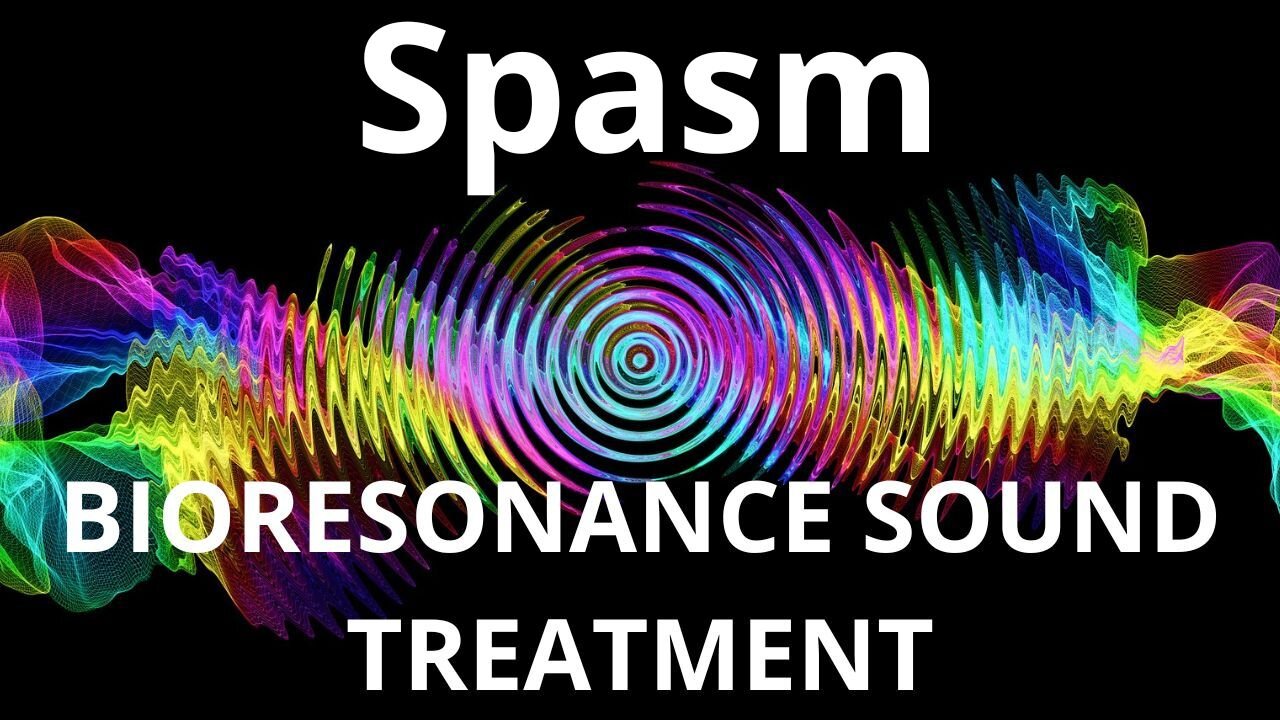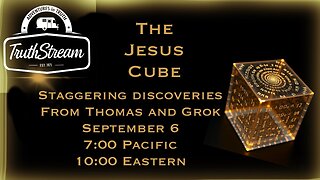Premium Only Content

Spasm_Session of resonance therapy_BIORESONANCE SOUND THERAPY
Otherwise known as muscle cramps, spasms occur when your muscle involuntary and forcibly contracts uncontrollably and can’t relax. These are very common and can affect any of your muscles. They can involve part or all of a muscle, or several muscles in a group. The most common sites for muscle spasms are the thighs, calves, feet, hands, arms and abdomen. When occurring in the calves, especially, such cramps are known as “charley horses.” A leg cramp that happens at night when you’re at rest or asleep is called a “nocturnal leg cramp.”
“Idiopathic” means that the exact cause is unknown, and that’s the case with muscle spasms. Some experts believe that one of more of the following may be to blame in most cases:
Not enough stretching.
Muscle fatigue.
Exercising in the heat.
Dehydration.
Depletion of electrolytes (salts and minerals like potassium, magnesium and calcium in your body).
Involuntary nerve discharges.
Restriction in the blood supply.
Stress.
Too much high-intensity exercise.
Possible causes for nocturnal leg cramps (leg cramps at night), specifically, include:
Sitting for long periods of time.
Overusing the muscles.
Standing or working on concrete floors.
Sitting improperly.
Muscle spasms can feel like a stitch in the side or be agonizingly painful. You may see a twitch under your skin and it may feel hard to the touch. Spasms are involuntary. The muscles contract and it takes treatment and time for them to relax. They are very common, especially in older adults and athletes.
If the muscle spasm is severe, happens frequently, responds poorly to treatment and is not related to obvious causes, make an appointment with your healthcare provider. The spasms could be related to underlying factors.
Music affects a person, it can calm and cheer up, sounds can heal. The therapeutic effect is due to the frequency fluctuations of various sounds that resonate with various organs of the body. Sounds have bioresonance compatibility with the vibrations of human internal organs, which is the basis of the positive effect of sound treatment. The sound vibrations of music trigger many mechanisms of higher nervous activity in the patient's subconscious and start the healing process.
Sound therapy does not replace medical treatment, but complements it, improves the positive dynamics of treatment and speeds up recovery.
TO ACHIEVE A POSITIVE RESULT, DAILY LISTENING TO VIDEOS IS REQUIRED.
I wish you health and prosperity!
You can purchase unique medicines in my store:
https://store11998180.company.site/
You have the opportunity to support the channel:
https://destream.net/live/RadSiarAl/donate
-
 16:48
16:48
BIORESONANCE SOUND THERAPY
13 days agoSamuel Barber Sonata for Cello and Piano
862 -
 24:39
24:39
GritsGG
16 hours agoINSANE Ranked Game on Warzone!
26.7K3 -
 LIVE
LIVE
Lofi Girl
2 years agoSynthwave Radio 🌌 - beats to chill/game to
472 watching -
 5:52:00
5:52:00
Akademiks
12 hours agoWAR IN ATLANTA Episode 5. YOUNG THUG FIRST INTERVIEW about SNITCHING, GUNNA... BREAKS DOWN CRYING!
170K9 -
 7:30:25
7:30:25
SpartakusLIVE
16 hours agoVerdansk Duos w/ Nicky || Saturday Spartoons - Variety Later?!
66.4K1 -
 1:38:47
1:38:47
Badlands Media
1 day agoDevolution Power Hour Ep. 387: Trump, Epstein, Durham Mysteries, and North Korea Ops
110K33 -
 1:05:23
1:05:23
Man in America
20 hours agoSoaring Gold Exposes the Imminent Crash of the Old System w/ John Perez
67K26 -
 2:42:40
2:42:40
TruthStream with Joe and Scott
20 hours agoTHOMAS AND GROK: AI, Bible decodes, The JESUS Cube live 9/6 #487
54.7K12 -
 2:34:46
2:34:46
BlackDiamondGunsandGear
14 hours agoGet Prepped / After Hours Armory / LIVE SHOW /
35.6K3 -
 2:01:39
2:01:39
Tundra Tactical
13 hours ago $11.42 earned🛑LIVE NOW!! This spits in the face of the Second Amendment.🛑
41.5K8